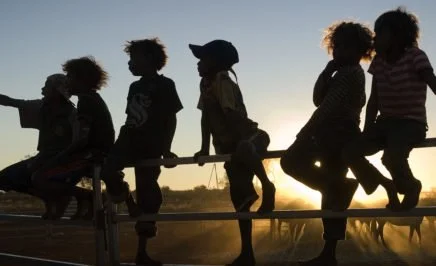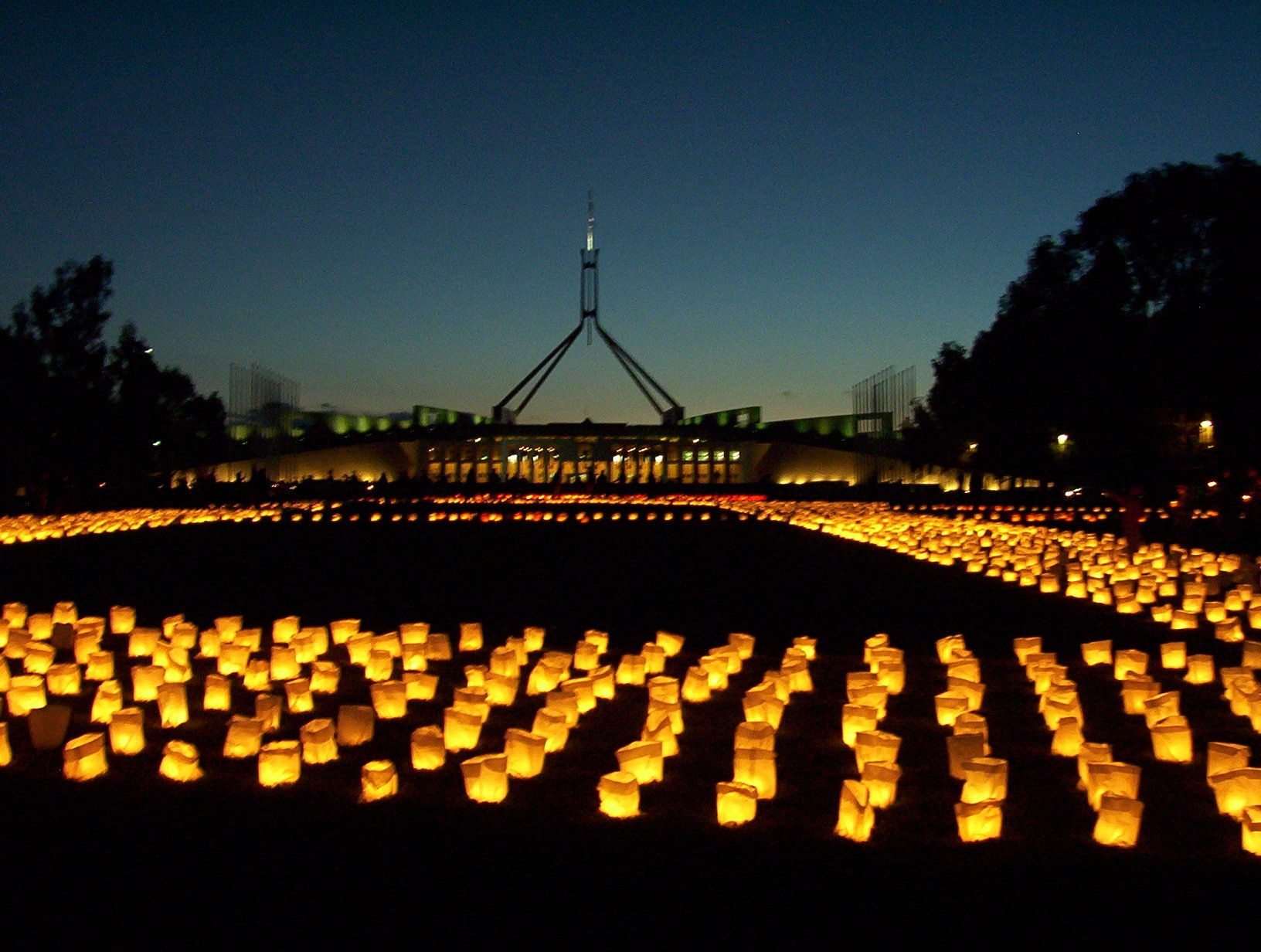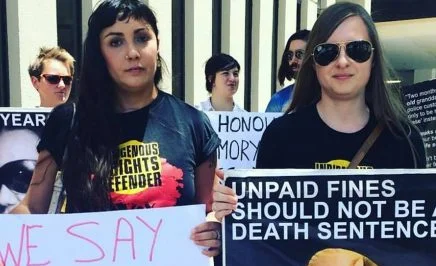Feedback from member states during the United Nation’s third Universal Periodic Review (UPR) of Australia’s human rights track record found it seriously lacking in its commitments to international human rights law.
Among the criticisms leveled at Australia by the international community is its treatment of First Nations peoples and the mandatory and indefinite detention of refugees.
Australia’s last UPR was in 2015 and according to the Australian Human Rights Commission just 11% of the recommendations made five years ago have been implemented.
The UPR session heard recommendations from member states, many of which identified as a human rights issue the overrepresentation of Aboriginal and Torres Strait Islander people in prisons.
There was overwhelming support from the international community for Australia to raise the age of criminal responsibility.
“The fact that kids as young as 10 – and let’s face it the majority of these are Indigenous kids – are still being sent to jail is not only in opposition to the UN’s own recommendations, but it is just morally wrong,” Amnesty International Australia Indigenous Rights Lead, Nolan Hunter said.
“This is a legacy of Colonialism and the historic inequity in the treatment of Indigenous people that continues to this day, yet it is a contemporary violation that we can easily address.
“Putting kids behind bars who are often times battling poverty, discrimination and complex health issues makes a mockery of claims by our legislators that they’re committed to reconciliation and closing the gap.
“State and Territory Governments can and must act now to raise the age to 14 in line with international standards, or be judged by history for knowing it’s wrong to lock kids up, but doing it anyway.”
The concerns raised by UN member states closely echo sentiment in the Australian community and Australia’s indefinite detention of refugees also came in for a scathing rebuke, despite 26 people being unexpectedly released into the community on Wednesday after being held for more than seven years.
Amnesty International Australia Refugee Rights Advisor Dr Graham Thom said: “People trapped indefinitely by Australia’s offshore detention regime and those in immigration detention centres and Alternative Places of Detention (APODs) are suffering.
“They have been left without hope for eight years. They can’t work, play the sports they love, access health care or plan for their futures. And many suffer trauma and illness every day because of their experiences in detention.
These people have fled some of the most dangerous places on earth, and they have a right to freedom, safety and a bright future for themselves and their families.
There are other options. Amnesty has worked to get people to Switzerland, Canada, France, Norway – and to support them to resettle in the US. New Zealand has offered to take 150 refugees a year, for the past eight years. That alone would be more than enough to see all those remaining in detention moved to safety.”
A full report on the recommendations of the latest UPR of Australia will be available on February 5.
BACKGROUND
In its submission, Amnesty International Australia has called on the Government to:
- Enact laws, such as a Human Rights Act, to ensure that Australia’s international human rights obligations are reflected in domestic legislation.
- Raise the minimum age of criminal responsibility nation-wide to at least 14 years in line with international standards.
- Develop, in consultation with Aboriginal and Torres Strait Islander peak organisations, a national action plan to implement the Declaration on the Rights of Indigenous Peoples.
- End policies of ‘offshore processing’ and detention for refugees and people seeking asylum and end mandatory detention
- Ensure that the right to freedom of peaceful assembly is respected, including through repealing legislation that violates international human rights laws and standards.
- Ensure freedom of expression, press freedom, the rights of whistle-blowers and the right to peaceful assembly are protected under legislation both at national and state government levels.
- End unlawful discrimination on the grounds of sexual orientation, gender identity and intersex status and amend the Religious Discrimination Bill that would give religious bodies a license to discriminate against LGBTQI+ individuals.





